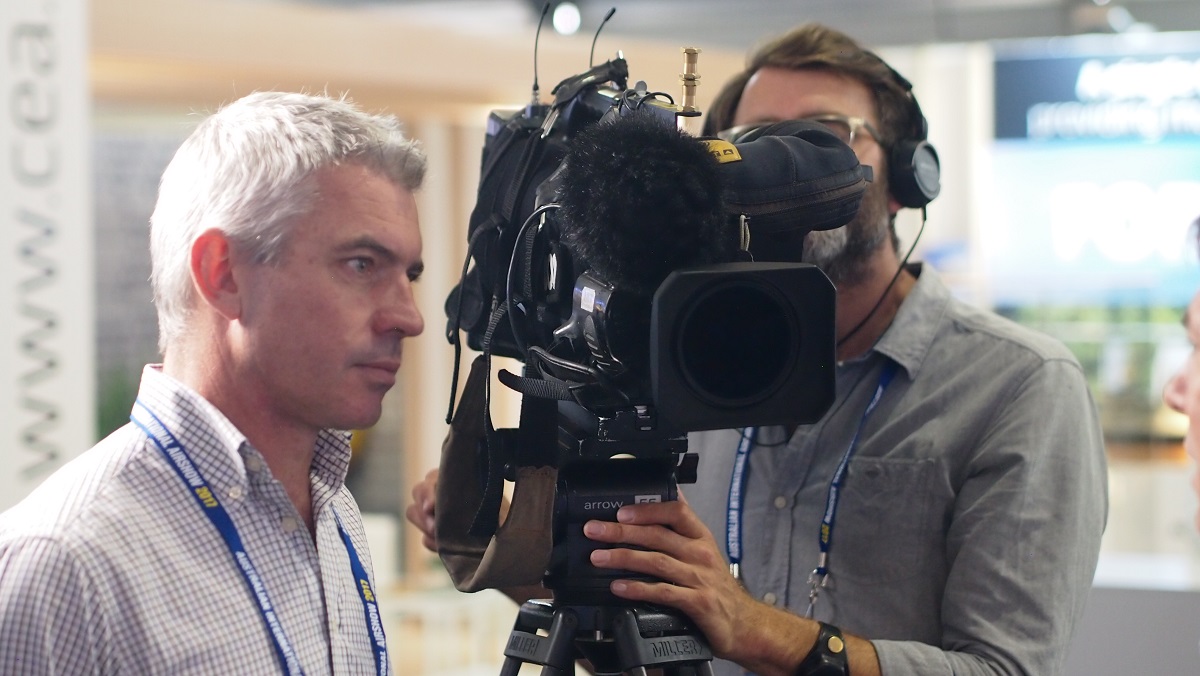
If you want the largest audience to engage with and understand your research, you’ll need to be able to promote the merits of your work to media – and that requires a set of skills which need continual development.
Science in Public is a specialist science communication and public relations agency that will be providing an advanced media training session in Adelaide on Tuesday August 10.
It aims to help researchers communicate complex ideas simply on any platform from social media, to media, pitches, publications, events, and conferences. Having worked in this area for more than 14 years, Science in Public encourages and challenges scientists to get their research into the public space so that it has impact, while staying true to the science. You can read more at www.scienceinpublic.com.au and follow @scienceinpublic
“Conveying the complexity of your research, your life’s work, into a 10-second grab for the media, or one-minute elevator pitch to funders, or even to a Vice-Chancellor is very difficult,” says Science in Public Managing Director Sarah Brooker. “The solution is to shape the essence of your science into a story.”
For the Adelaide session on 10 August (location yet to be confirmed), two experienced science communicators will work with course participants to find the narrative in their research and keep it accurate. The workshop will help to identify who relevant media stakeholders are, what they want to hear and how to reach them.
The media and communication training masterclass is designed for participants to:
- Gain confidence in talking about research in a simple way.
- Get help with planning communication.
- Find out how the media works and how to make it work for you.
- Feel more prepared and comfortable when a journalist calls.
- Find out how to have impact with media, government, industry and other stakeholders.
Participants will meet local journalists, hear how they find news and learn how to ensure your research is reported accurately. Discuss your research with journalists from television, print and radio, practice being interviewed and get feedback.
Cost for the full-day session is $800 +GST per person. You can register and pay online or you can request to be invoiced.
For Flinders researchers outside of Adelaide, Science in Public is also holding media training sessions in Melbourne (Tuesday 29 June), Canberra (Tuesday 13 July), Perth (Tuesday 31 August), Sydney (Tuesday 14 September) or online for half-days on Tuesday 27 July and Wednesday 28 July.
If you would like to find out more, email Science in Public’s Sarah Brooker or call her on 0413 332 489.
Flinders researchers can also obtain expansive media support and in-house training from the Flinders University media team, which helps researchers connect their work to all media outlets – in print, television, radio and online mediums. To obtain assistance or advice regarding media matters, email newsdesk@flinders.edu.au for more details.
In one of a continuing series of media training sessions, Social Media for Researchers is a webinar on Wednesday 28 July at 10am that will be presented by Karen Ashford, Flinders University’s Director of Media and Communications, who will give an overview of different social media platforms and discuss how to harness social media to promote your research. The session will also investigate how to effectively engage with audiences to build an following as well as using social media for research impact. Enrolling to participate in this session can now be done online through iEnrol.

